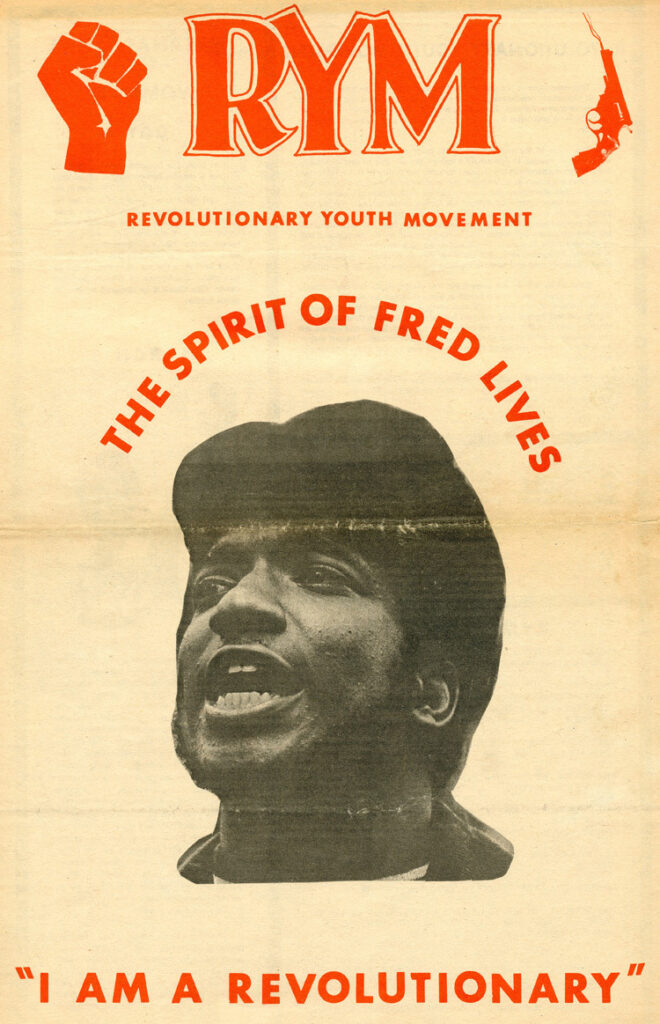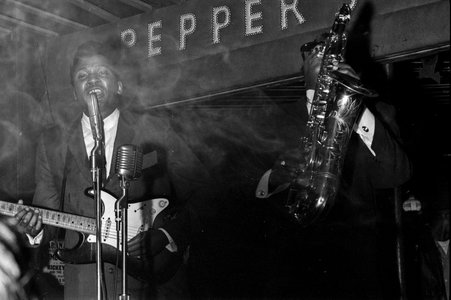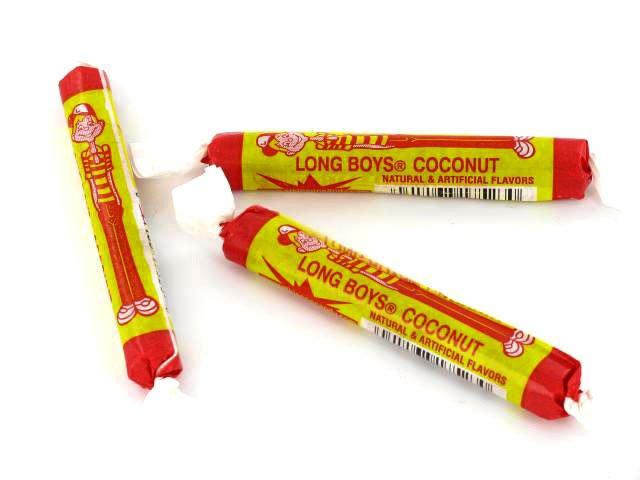Package 1
Explore the historical references playwright Jarrett McCreary and designer Sara Outing used in creating the first package in A BREATH FOR US.
To return to the main resource page, click here.
Song of the week: Jimi Hendrix, “All Along the Watchtower,” 1968


Fred Hampton
Fred Hampton (1948 – 1969) was chairman of the Illinois chapter of the Black Panthers. He was a natural and charismatic leader, and founded the Rainbow Coalition, an alliance between the Black Panthers, the Young Patriots, the Young Lords, and eventually several other community groups. The Rainbow Coalition worked against poverty and police brutality, as well as brokering peace between street gangs and supporting each other at protests and demonstrations. Hampton was instrumental in the Black Panthers’ Free Breakfast program, education efforts, and Peoples’ Free Medical Clinic.
On Dec. 4, 1969, Hampton and fellow Black Panther Mark Clark were assassinated in a pre-dawn raid by the Chicago Police Department, acting on intelligence from William O’Neal, an informant for the FBI. The police fired between 90 and 99 bullets; Mark Clark fired just one, into the ceiling. A BREATH FOR US imagines a world in which those bullets missed and Fred Hampton survived to continue leading the movement.
Learn More:
Short clip from one of Hampton’s most famous speeches
An interview on Hampton’s enduring legacy
Fred Hampton: Vanguard Revolutionary, from the National Archives
Black Panther Party
This is an iconic button from the Black Panther Party, founded in Oakland in 1966 by Huey P. Newton and Bobby Seale. It began as an organization to monitor police activity and fight back against police brutality. By 1969, the Black Panther Party’s core operations included social programs, such as a free breakfast program, free schools, health clinics, and other outreach programs for the Black community. There were over 30 active chapters in many major cities – including Chicago. Membership peaked in 1970; the party officially ceased operations in 1982.
In October 166, Newton and Seale drafted the 10 Point Program, which formed the basis of the party’s philosophy and efforts:
1. WE WANT freedom. We want power to determine the destiny of our Black Community.
2. WE WANT full employment for our people.
3. WE WANT an end to the robbery by the capitalists of our Black Community.
4. WE WANT decent housing, fit for the shelter of human beings.
5. WE WANT education for our people that exposes the true nature of this decadent American society. We want education that teaches us our true history and our role in the present-day society.
6. WE WANT all black men to be exempt from military service.
7. WE WANT an immediate end to police brutality and murder of black people.
8. WE WANT freedom for all black men held in federal, state, county, and city prisons and jails.
9. WE WANT all black people when brought to trial to be tried in court by a jury of their peer group or people from their black communities, as defined by the Constitution of the United States.
10. WE WANT land, bread, housing, education, clothing, justice and peace. And as our major political objective, a United Nations–supervised plebiscite to be held throughout the black colony in which only black colonial subjects will be allowed to participate, for the purpose of determining the will of black people as to their national destiny.
Learn more:
The Black Panther Party
The Black Panther Party: Challenging Police and Promoting Social Change
The Black Panthers: Vanguard of the Revolution
The origin of the panther logo: Lowndes County Freedom Organization


Pepper's Lounge
Pepper’s Lounge was an important music club in Chicago’s South Side from the late 1950s to the early 1980s, moving from blues to disco. Its name changed from Pepper’s Lounge to Pepper’s to Pepper’s Hideout, and legends like BB King played on its stage. The image here is of Otis Rush playing at Pepper’s in 1963, but it was most famously the club in residence for Chicago’s own blues great Muddy Waters.
Learn more and see more images:
Chicago History Museum image collection
“A Long Lost Side of South Side,” Chicago Tribune
Long Boys Coconut Candy
Long Boys were originally produced in New Orleans, and were available throughout the south as a regional treat. They’re now made in Texas, and are kosher and gluten free.
